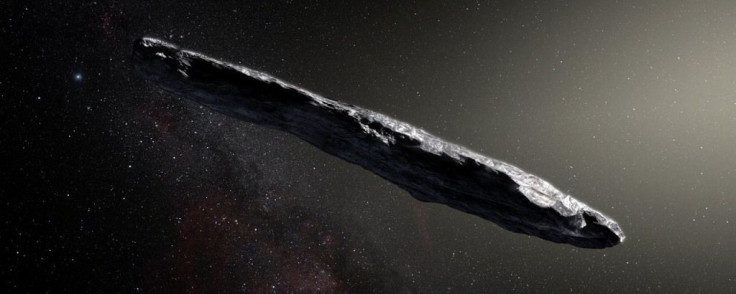Impact Caused By Earth-Killing Asteroid Is Inevitable, Physicist Warns

KEY POINTS
- Earth gets regularly visited by different sized asteroids
- The impact event that wiped out the dinosaurs is bound to happen again
- A major asteroid impact can be prevented through planetary defense missions
A physicist warned that an asteroid as big as the one that wiped out the dinosaurs will eventually hit Earth and destroy the planet. According to the physicist, this is the reason why the world should take planetary defense seriously.
As noted by various space agencies, asteroids come in different sizes. Many of these rocks occasionally fly close to Earth while some actually hit the planet.
Fortunately, the asteroids that hit Earth are not big enough to cause significant damage. According to physicist Rob van den Berg of the Utrecht University, these small asteroids tend to burn up and disintegrate in Earth’s atmosphere instead of hitting the ground.
“Small asteroids are of course pretty harmless, they evaporate in the atmosphere before they reach the ground,” he explained on Quora. “If they do reach the ground they don't do all that much damage (compared to what they can do).”
Unfortunately, small space rocks are not the only asteroids that visit Earth’s neighborhood. From time to time, massive asteroids zip past Earth. In some cases, these asteroids collide with the planet.
In one particular impact, which happened about 65 million years ago, the energy released by the asteroid’s massive explosion ended up triggering mass extinctions and significantly altering the world’s environmental condition.
According to Van den Berg, this type of impact event is bound to happen again. Although it may not happen for another hundred years, an Earth-ending impact event is inevitable.
“The asteroid that wiped out the dinosaurs had a size of about 10km and such impacts only happen every several million years (since this particular one was the last, it has been 65 million years now),” he explained.
“But no matter how small the chance of it happening in our lifetime, it is pretty much destined that another big one will eventually hit Earth again, sometime in the future,” he added.
As noted by Van den Berg, the only way to prevent the catastrophic impact event from happening is to ensure the success of planetary defense missions. Currently, NASA and the European Space Agency are working on missions that aim to determine if it would be possible to knock an asteroid off its course.

© Copyright IBTimes 2024. All rights reserved.





















